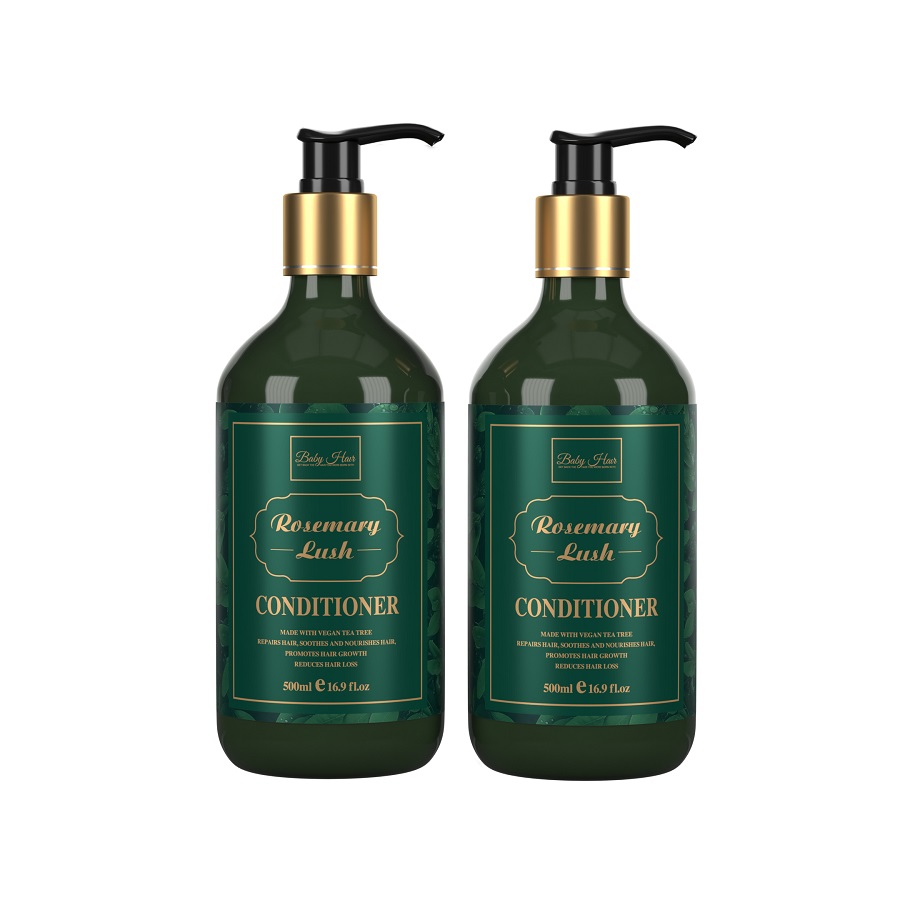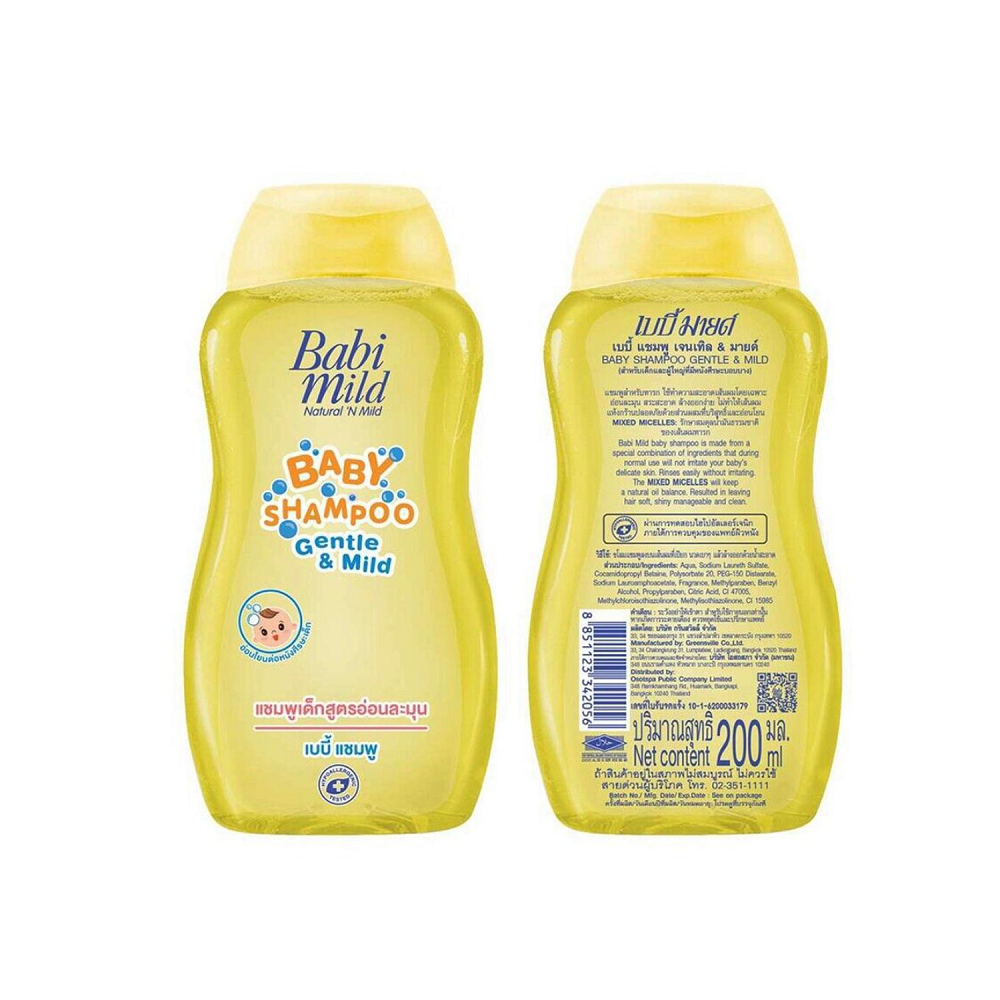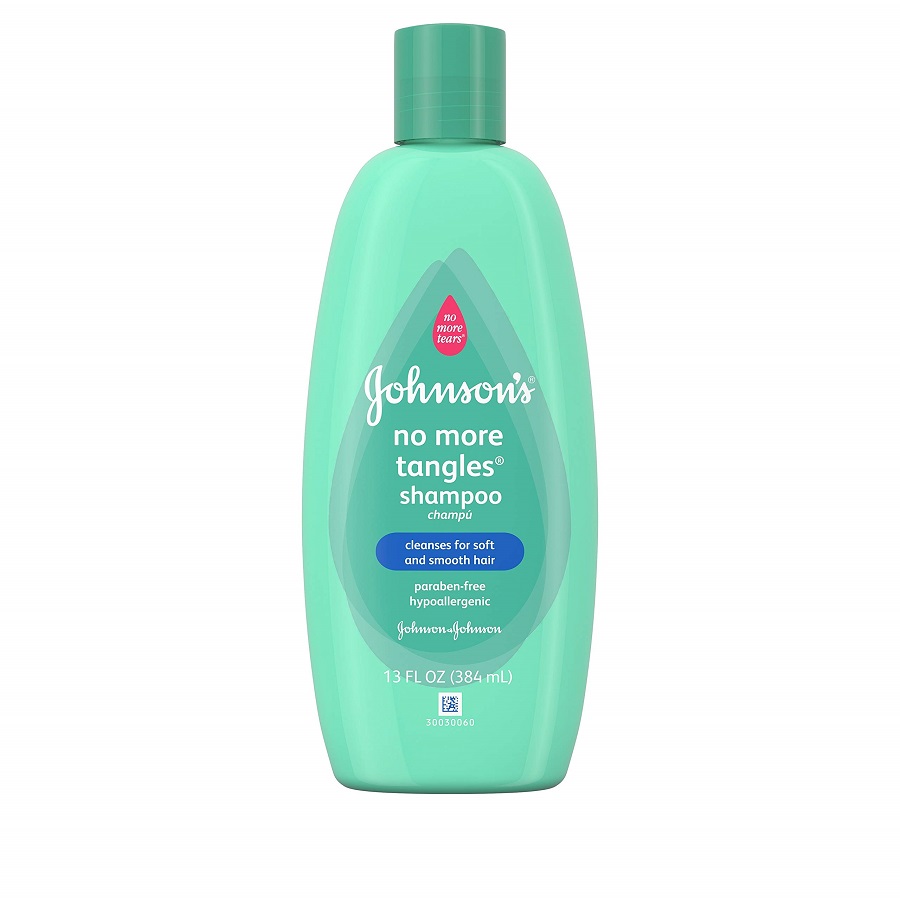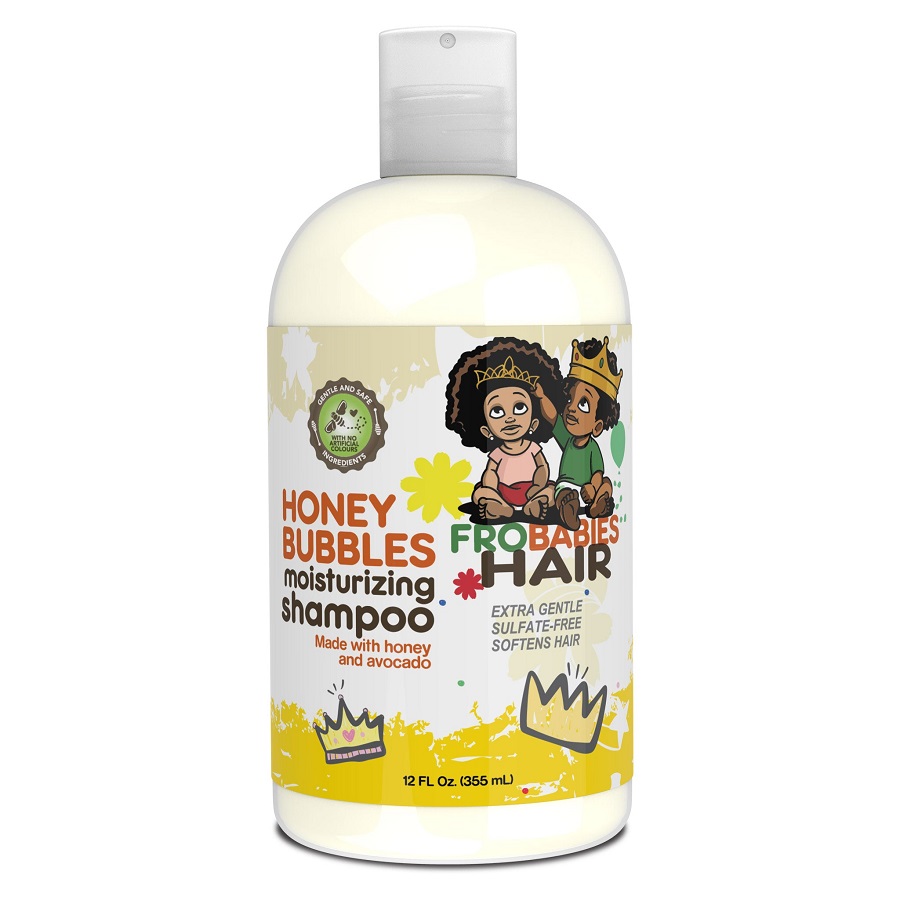Baby shampoo is a product that many parents use to care for their infants’ delicate skin and hair, but over the years, it has gained popularity as a gentle option for adults as well. Some individuals even claim that baby shampoo can help promote hair growth. But is there any truth behind this claim, or is it just a marketing myth? In this article, we will explore the ingredients, benefits, and potential drawbacks of baby shampoo and its impact on hair growth. By examining the science, we aim to clarify whether or not baby shampoo can actually help your hair grow.
What is Baby Shampoo?
Understanding the Composition of Baby Shampoo
Baby shampoo is specifically formulated to be gentler on the sensitive skin and scalp of infants. Unlike regular shampoos that may contain harsh chemicals or fragrances, baby shampoos are designed with milder, more natural ingredients to reduce the risk of irritation. Typically, baby shampoos contain mild surfactants such as sodium lauryl sulfate or cocamidopropyl betaine, along with moisturizing agents like glycerin. These ingredients work together to clean the hair without stripping the scalp of its natural oils.
The formula of baby shampoo generally design to be tear-free, which means it is less likely to cause stinging or discomfort if it accidentally gets into the eyes. For adults, this gentle formulation makes baby shampoo an appealing choice for individuals with sensitive skin or those seeking a mild, non-irritating option for hair care. The question remains, however: does this gentleness translate to better hair growth?

The Link Between Baby Shampoo and Hair Growth
Can Baby Shampoo Help Your Hair Grow?
When it comes to hair growth, many factors come into play, such as genetics, diet, and the health of your scalp. Some people believe that baby shampoo can encourage hair growth by providing a gentle cleaning routine that helps maintain a healthy scalp. The reasoning behind this claim is that baby shampoo’s mild ingredients do not strip the scalp of its natural oils, which are essential for promoting a healthy hair environment.
However, while it is true that baby shampoo is less likely to irritate the scalp, there is no scientific evidence to support the idea that it directly stimulates hair growth. Hair growth is primarily influenced by factors such as the rate of hair follicle production, blood circulation to the scalp, and overall scalp health. Baby shampoo may contribute to a healthier scalp by keeping it clean and free from buildup, but it is not a miracle solution for growing longer or thicker hair.
How Cleanliness Affects Hair Growth
Although baby shampoo doesn’t directly promote hair growth, maintaining a clean scalp is essential for creating an optimal environment for hair growth. Excess oil, dirt, and product buildup can clog hair follicles, leading to scalp inflammation, itching, and even hair loss. In this context, baby shampoo’s gentle cleansing properties could play a supporting role by removing impurities from the scalp without causing damage or irritation.
Moreover, a clean scalp ensures that hair follicles are not obstructed, allowing for better blood flow and nutrient delivery to the follicles. For people with sensitive or irritated scalps, baby shampoo may be a preferable choice, as it is less likely to cause further inflammation compared to stronger, more aggressive shampoos. That said, while cleanliness is important, it is only one aspect of the complex process of hair growth.
The Benefits of Using Baby Shampoo
Gentle on Sensitive Scalp and Skin
One of the main advantages of baby shampoo is its mild formulation. People with sensitive skin, scalp conditions like eczema or psoriasis, or those who suffer from scalp irritation can benefit from the gentle properties of baby shampoo. Unlike regular shampoos that can be drying or harsh, baby shampoos design to be non-irritating and are often free of artificial fragrances, parabens, and sulfates that can cause allergic reactions or scalp sensitivity.
For individuals with an already sensitive scalp, using a mild, hypoallergenic product like baby shampoo may reduce the likelihood of flare-ups, itching, or redness. This in turn helps to maintain the health of the scalp, which is crucial for hair health. Keeping the scalp in good condition helps minimize hair loss due to scalp inflammation or irritation.
Moisturizing Benefits for Dry Hair and Scalp
In addition to being gentle, baby shampoos often contain ingredients that help moisturize both the scalp and the hair. Some baby shampoos include ingredients like aloe vera, glycerin, or chamomile extract, which are known for their soothing and hydrating properties. These ingredients work together to keep the hair and scalp moisturized, preventing dryness, flakiness, or irritation. Hydrated hair is less likely to break or become brittle, which can contribute to the appearance of fuller, healthier hair over time.
If your scalp is dry or you suffer from dandruff, baby shampoo can help balance moisture levels without exacerbating the problem. Additionally, moisturized hair tends to appear shinier, smoother, and less prone to split ends, giving it a healthier overall look.

Limitations of Baby Shampoo for Hair Growth
Lack of Active Ingredients for Hair Regrowth
While baby shampoo may have some benefits for sensitive scalps, it does not contain any active ingredients that are scientifically proven to stimulate hair growth. Many adult shampoos marketed for hair growth contain ingredients such as biotin, caffeine, or minoxidil, which design to target the underlying causes of hair thinning or loss. Baby shampoo, on the other hand, does not contain these active ingredients, and as such, it cannot directly promote hair regrowth in individuals experiencing hair thinning or hair loss.
Hair growth is a complex process that involves multiple factors, including hormones, genetics, and nutrition. For individuals looking to improve hair growth, products containing clinically proven ingredients like minoxidil or biotin supplements may be more effective than baby shampoo.
Overuse May Lead to Product Buildup
Despite its mild nature, baby shampoo should still use in moderation. Overuse of any shampoo, including baby shampoo, can lead to product buildup on the scalp and hair. Even though baby shampoos are less likely to strip natural oils, they still have the potential to leave behind residue if used excessively. This buildup can clog hair follicles, leading to scalp congestion and potential hair thinning in the long run.
It’s important to balance the use of baby shampoo with other hair care products that can address specific hair needs. For example, using a clarifying shampoo once in a while can help remove buildup and keep the scalp clear, while baby shampoo can use regularly for gentle cleansing.
Alternatives to Baby Shampoo for Hair Growth
Shampoos with Hair Growth-Boosting Ingredients
For those specifically looking to promote hair growth, there are shampoos that contain ingredients proven to have a positive impact on the health of hair follicles and hair growth. These shampoos typically include ingredients like biotin, caffeine, ketoconazole, or niacinamide, which work to improve scalp circulation, nourish the hair follicles, and prevent hair thinning. Some shampoos also contain essential oils like rosemary, which have been shown to have a beneficial effect on hair growth.
While baby shampoo is a gentle option, it doesn’t contain these active ingredients that can help address the underlying causes of hair loss. If your goal is to stimulate hair growth, it may be worth considering a shampoo specifically designed for that purpose.
Diet and Supplements for Hair Growth
In addition to topical treatments, a healthy diet and proper supplementation can play a significant role in hair growth. Nutrients like vitamins A, C, D, E, and zinc, as well as omega-3 fatty acids and biotin, are crucial for maintaining healthy hair. Taking supplements or incorporating more of these nutrients into your diet can support hair growth from the inside out.
Scalp Massage and Hair Growth
A scalp massage is another natural method to promote hair growth. Gently massaging the scalp with your fingertips helps increase blood circulation to the hair follicles, promoting nutrient delivery and encouraging hair growth. Massaging essential oils like rosemary or peppermint oil into the scalp can also be beneficial when used alongside hair growth shampoos.

Conclusion: Is Baby Shampoo Effective for Hair Growth?
While baby shampoo can be a great option for individuals with sensitive skin or those seeking a gentle and moisturizing cleansing routine, it is unlikely to have a direct impact on hair growth. Its mild formulation may help maintain a healthy scalp environment, but it doesn’t contain the active ingredients that typically use in hair growth treatments. For individuals experiencing hair thinning or hair loss, it is advisable to explore products specifically designed for hair regrowth, along with a balanced diet, supplements, and scalp care techniques.
Ultimately, baby shampoo is a safe and gentle choice for everyday hair care, but it should not rely upon as a miracle solution for growing longer, thicker hair. As always, if you are concerned about hair loss or growth, it’s best to consult with a dermatologist or hair care professional to determine the most effective course of action.
